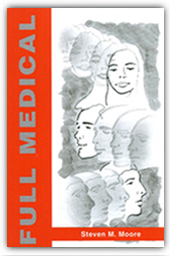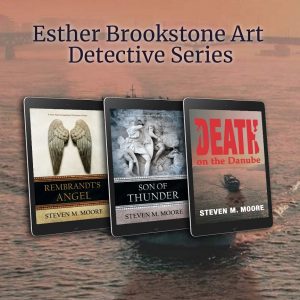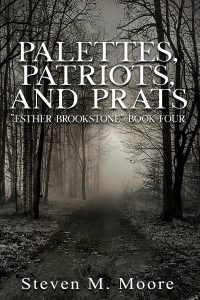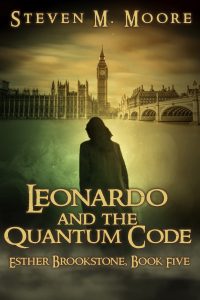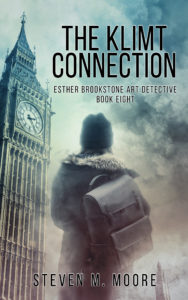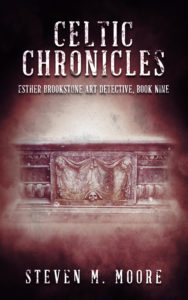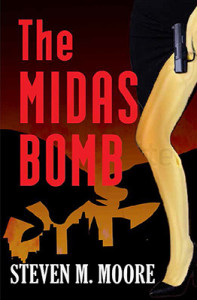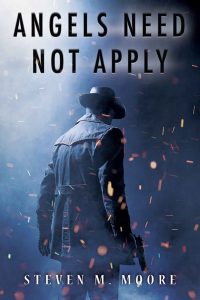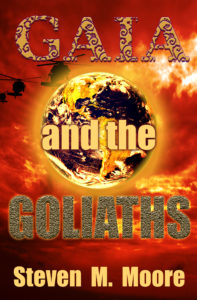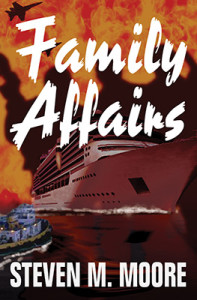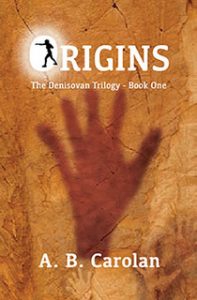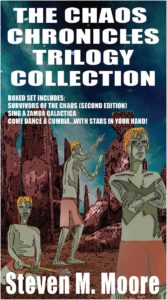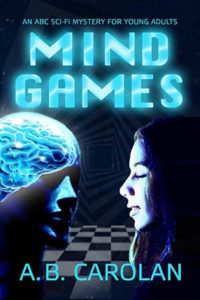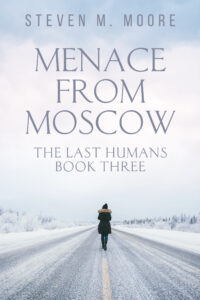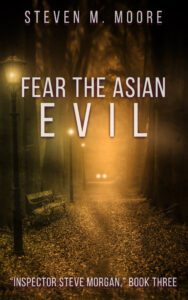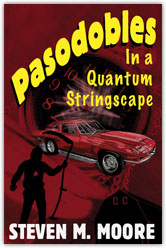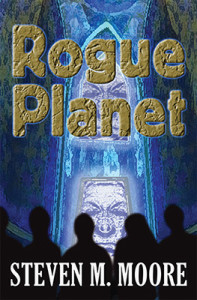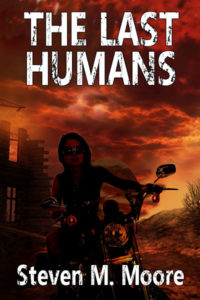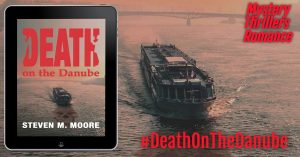Everybody’s talkin’ ’bout AI…
June 26th, 2024Let me state the obvious: We’re not in danger of creating a real HAL! A takeover of the world by machines who’ll unleash Terminators to destroy all human beings isn’t imminent! While AI is indeed “artificial,” it’s far from being self-aware, true “intelligence”! It barely qualifies as super-efficient and super-fast code, a search engine, version 2.0, that does what you can do any time, maybe all the time, namely, going digital by going out on the internet and exploring databases and websites to gather up all sorts of data and info and organize it into something more logical and possibly more meaningful in the aggregate (emphasis on “possibly”). The only difference? It can that much more efficiently and faster than you ever can.
In other words, the current and very primitive AI efforts amount to information retrieval and organization, not intelligence per se. So, let’s simplify this discussion by calling that software X. (Yeah, I know: X is the new name for Twitter, as if that old name wasn’t already stupid enough. But because Musk’s new toy is just as dumb, I might as well also give AI the more appropriate name X as well. Sorry, Elon, but I don’t have much respect for you and your obvious lack of creativity with names. Space-X is another one.)
People are needlessly worried about X. (Maybe the double meaning now is appropriate?) There’s danger lurking in X, of course, even though it’s not as dangerous as the atomic bomb or global warming. Or even as dangerous as Covid once was after it was (accidentally?) produced in a Chinese lab (a recent NY Times editorial was proof enough for me!), although Xi’s sycophants are using X to create conspiracy theories on the internet as part of their cyberwar on western democracies. Yes, X can be like a dangerous and dumb mafia hitman—anyone with any imagination can imagine so many evil uses for it.
But after all this introduction, the question here is, how can X affect authors and publishers? If X writes a novel in the style of Y (maybe Y = a famous or prolific author—you can pick one of your favs, even me, although I’m not famous) and that novel is published as if it were written by Y, is that a bad thing? Certainly not nearly as bad as HAL (in the movie 2001, not 2010!) or the Terminator (in the first movie in that series!). Certainly not as evil as impersonating a US president who stupidly told US citizens to inject disinfectants as a cure for Covid.
And there’s always something like the Turing test we can fall back on to battle X: How does X write like Y? The software tiptoes around the damned internet for a few microseconds—Amazon is a great hunting ground for books, for example, especially Y’s—and “reads” all of Y’s real opus (i.e. digests previous works known to be Y’s), everything Y has ever written. (If Y = Stephen King, I hope X doesn’t literally get indigestion, emphasis on “literally.”). After determining what Y’s “style” is (for example, if Y = King, “style” means illogical, stupid, gory horror), X then creates a story in that style.
In other words, as far as X “knows” (and judges like Alito and Thomas might stupidly believe), that new work is Y’s. But will any other Y agree with that determination? Will a critic or defender of Y agree? Or even some doctoral student writing about Y’s prolific opus and his style? Or, better still, will even Y agree? I wouldn’t bet on a “yes” answer to any of these questions! (Um, maybe Alito and Thomas’s answers?)
In fact, if Y = King, just for example, maybe I’ll finally like something “he” writes. With him, I rarely arrived at likeability on my reading journey, Misery being the one exception. (Only the title is stupid.) Or if Y = Deaver, I quickly found that Lincoln Rhyme was boring, but Garden of Beasts was entertaining and interesting. How would X incorporate those differences? How might X choose to emulate the better Garden of Beasts than a Lincoln Rhyme book? Today’s software can’t make that determination unless some human tells it to do so!
Of course, the complaints and kudos are about what X eventually produces. The first mostly deal with the fact that some humans will lose money, Y, the author, and his publisher, to be specific. X can’t hurt Y otherwise and might actually improve on Y’s storytelling; i.e., X can surpass Y. Who knows what great novel we’d get if we told X to write a mystery novel about a murder on the seventh planet of Epsilon Eridani in the style of Deaver or King? It could be the greatest sci-fi mystery/thriller ever written in the 21st century! But it wouldn’t make any member of a Big Five publishing conglomerate rich. That’s the problem with X. Y might not even give a rat’s ass about what X does. (Yeah, Deaver or King might be a wee bit jealous, though.)
Mark Coker (where’s that dude hiding now to count his ill-gotten riches by selling out to Draft2Digital?) never paid much attention to book piracy. All X would be doing is a very clever and sophisticated form of book piracy where it’s Y’s style that’s pirated! We can clean that act up a bit by letting X put its own name on the book as a ghost writer or co-writer and then passing most of the author royalties onto Y. After all, that’s James Patterson’s business model! Hmm…maybe Jimmy and his co-authors are all X’s? Where’s Arnold the Terminator when we need him?
***
Comments are always welcome. (Please follow the rules on the “Join the Conversation” web page. Unless you’re X, of course—you can then go to hell!)
Free PDF downloads. X would have to struggle to write in my style simply because I have more than one. Sometimes, just to make sure a reader is awake (and not Y!), I might change styles within one story. (Those tend to be longish, like a novella or novel.) And sometimes, just for giggles, I play at being X, i.e. emulating myself like an AI! The various versions of me don’t publish everything they write, and some of that I just give away. (Call it a really bad marketing tactic?) You’ll find a list of free PDF downloads on the “Free Stuff & Contests” web page. That list contains several novellas as well as two complete novels. Once you’ve read my freebies, please consider purchasing a few of my ebooks—they’re inexpensive compared to most anything the Big Five produces. Enjoy.
Around the world and to the stars! In libris libertas!

